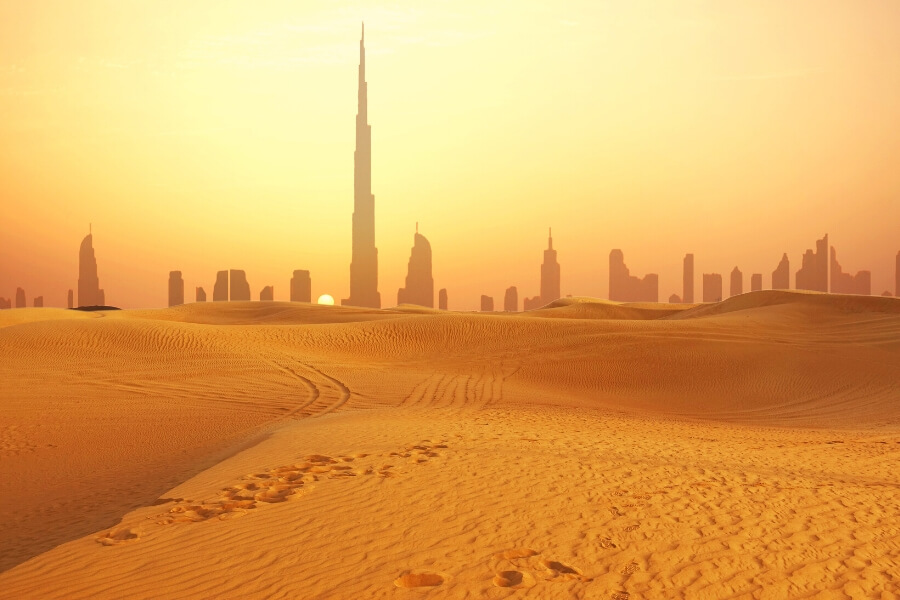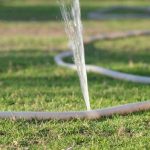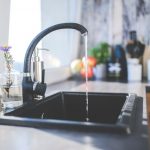The Dubai Heat is Coming in Dubai, Are You Prepared?
Because of its desert climate, the UAE, and particularly Dubai, are well known for experiencing scorching hot summers, especially between May and August. Temperatures can range anywhere between 35° and 50° degrees and it’s important to be properly prepared, both at home and at work, to ensure you remain safe and well; many deaths have been known to result from the searing heat.
So, what can you do to try and keep yourself, your family and your property comfortable during the summer months?
The first and most obvious is to maintain your air conditioning units. Before the summer arrives, you should inspect your unit to ensure that it’s in good working order. Look for signs of any leaking water which may result in it working inefficiently. There are various types of a/c units that are popular in Dubai, the two most common being a window fitted unit or a centralised unit.
With the window units, it will be quite easy to keep these maintained and identify any faults or leaking water. However, with the centralised units, the air will be cooled at one main central location and then distributed to the rest of the property by way of fans or air ducts. This set up is more complicated to maintain and identifying whether there is any leaking water or problems with its efficiency will be complex.
You will want to ensure that your unit is working to its full capacity and as cost efficiently as possible. One of the most common causes of water leaks will be the build up of dirt, mold or sludge within the ducts and drain lines, preventing the water from fully filtering through. The water then backs up the pipe and leaks out into your property. Regularly vacuuming the ducts, if accessible, will assist in removing dirt build up. Another concern with the leaking of water from an a/c unit is that the refrigerant liquid, which is present in the water and helps its cooling process, will become a gas when it evaporates and long-term exposure can be harmful to health.
Another possible indication of potentially blocked or clogged up drain lines and ducts will be if water is leaking from the outside, or centralised, ventilator. Condensation will build up within the vent resulting in it dripping.
You want to ensure you are maximising your unit’s full potential, thereby saving money and electricity; levels of energy consumption are of course an environmental issue. There are some steps you can take which will assist. Firstly, consider whether you have any air leaks that need sealing, such as cracks in window frames, ill-fitted doors and dislodged roofing; in essence, anywhere your property meets the outside. During the hottest parts of the day, pull blinds or curtains to reduce the heat entering the property and ensure your thermostat is in an appropriate place; if it is near a heat source, such as a heater, sunlight or television, it will indicate your house is hotter than it actually is. If you only want one room cooled, the sensible idea will be to close the doors, otherwise the unit will attempt to cool the whole house. Finally, avoid leaving a/c units on for long periods of time. If you are going out or the day has cooled, turn off the a/c unit and only use it when it’s really needed to make your surroundings comfortable.
If you are experiencing problems with your a/c unit and are concerned that water may be leaking, then we can assist. Using infrared, or other technology we can take a look at your entire a/c system and swiftly identify any problems allowing for immediate repair. It is not just about the financial costs—both water and energy are vital resources and it’s important that we all play our part in trying to conserve supplies wherever possible.
For information on how we can help if you suspect a leak, consult LeakDtech’s professionals now!
Contact Us For More Information# LeakDtech #waterleaks #homemonitoring




